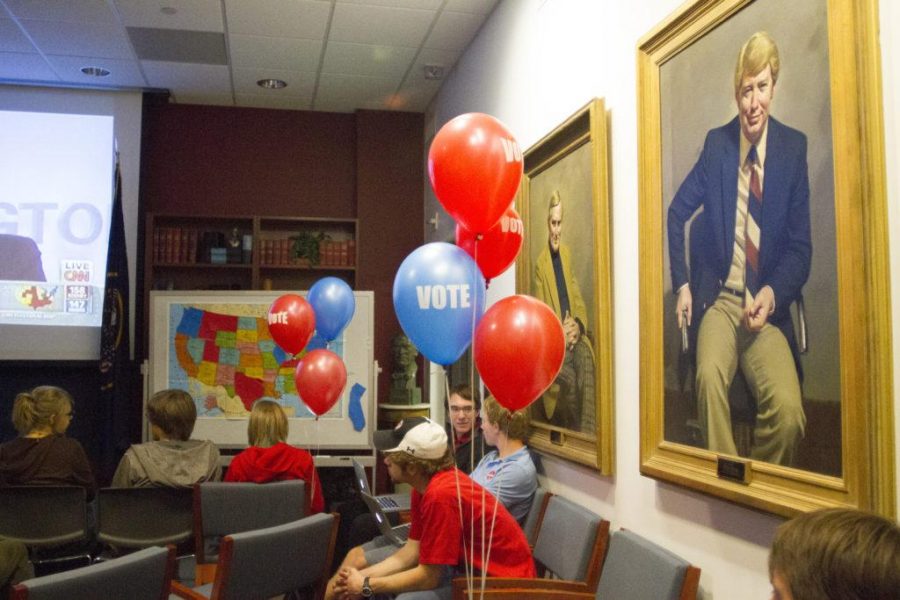There is a strong perception in this country that voting doesn’t really count or matter. Many believe that Democracy is dead and no matter where you put your support, elections will end the exact same way and your efforts will have been in vain.
This is an explicitly American problem. Research has relentlessly revealed that voter turnout in the United States is among the lowest of any comparable countries. The Pew Research Center reported that turnout for the 2012 presidential election was 53.6 percent — little more than half of the voting-age population. This is a slight increase from the 48 percent who voted when Bill Clinton won in 1996 and a decrease from the 61.6 percent who voted in 2008 when Barack Obama was elected. Compare these numbers to those of other democratic nations, such as Belgium, who recently had an 87.2 percent turnout, or Sweden, who saw 82.6 percent of the voting age population cast a ballot.
Voter apathy hits even closer to home. In Utah it is assumed the state will vote Republican no matter what, and that therefore individual votes are futile and meaningless. Democrats and left-leaning individuals in the state are deterred by the conservative cultural gridlock that dominates our state and often opt out of voting altogether. Similarly, those on the right see elections as automatic wins for the Republican party and thus have no incentive to vote themselves. The 2014 General Election saw a dismal 29.7 percent of eligible Utah voters get out to the ballot box, one of the poorest turnouts in the country. Whether you’re Democrat or Republican, progressive or conservative, it is easy to feel voiceless and unheard in such a homogenous state where election outcomes seem close to predetermined.
It is hard to not be sympathetic to the idea that individual votes in Utah have little sway or impact on the greater scheme of things. It is no secret that conservative politics and principles dominate the state.
But the buzz of change is alive in the Beehive State, change that should make voters – especially young ones – enthusiastic about casting a ballot come November. Reports have found that millennials are more politically independent from their parents than they once were, meaning that the traditional views that define Utah are becoming less static and more sporadic. Additionally, younger generations are more supportive of same-sex marriage than older ones, which is demonstrated by growing open-mindedness and acceptance of alternative ways of living. This is all evidence that the stranglehold of right-leaning ideology in Utah is finally loosening, which should excite anyone who values democracy and representation.
So far, 2016 has been a good year for politics in Utah. Self-proclaimed socialist Bernie Sanders was able to bring out more than 14,000 passionate people to his rally in March, something that would’ve been unimaginable just a few years ago. This energy spread to the caucus, where both Republicans and Democrats saw massive and unprecedented turnouts. One voter, Debra Walker, told The Salt Lake Tribune that, as a Democrat, she normally felt that voting was a futile effort. This year, however, she said she feels differently. “This is the first time it matters that I come out to vote in Utah,” she said. “It feels good. It is a voice.”
Utah millennials should pay attention to the changes and momentum being witnessed in our beloved homeland. We should be excited that the time are a changin’, and that we finally have a voice in the electoral process. If you lean to the left of the political spectrum, you ought to rejoice at the idea that your beliefs are gaining momentum. If you are on the right, you should be aware of this growing change and realize that your vote could be the difference maker. Whatever your preferred politics, you should be enthused by the growing diversity in the state and encouraged to cast a vote on Nov. 8.
Your vote matters — and I can finally say that and actually mean it.


